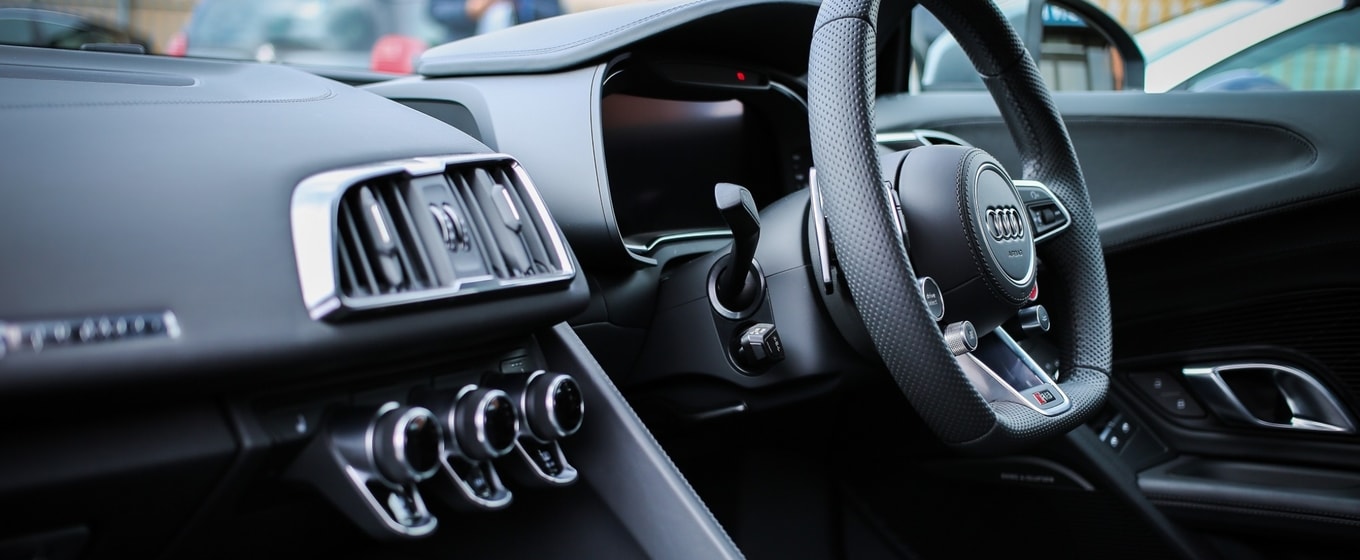When managing fleets, it's important not to reduce your costs in exchange for lower quality standards as this can put drivers at risk and also end up costing you more later down the line. That being said, a savvy fleet strategy can help bring down your costs and improve your business’ bottom line - whether you’re starting from scratch, or looking to optimise an existing fleet. Here's how:
1. Know your requirements
Whether it’s your first company car, or an additional one for a growing business, it's important to stay focused on your specific needs when selecting vehicles for your business fleet. Larger vehicles will cost you more, not just to purchase, but to maintain too.
City cars are affordable, both to purchase and maintain, so they can help keep your overheads down. If your SME has larger requirements - such as making deliveries or getting to work sites - go for the smallest vehicle you can get away with.
Depending on how much you’re driving, a diesel engine may make sense if you are covering large distances. If your vehicles are making short journeys, then a 1.0-litre engine city car will suit you well.
So long as you opt for the highest mile per gallon vehicle in your budget, you will be bringing down your fuel costs.
2. One size doesn’t fit all
In any business that operates a fleet, if a variety of trip types are made, then it makes financial sense to ensure you have vehicles that vary in size and performance to allow for specialised journeys.
Instead of purchasing two larger vehicles, it may make sense to have one high-load vehicle and one or even two smaller-load vehicles allowing you to make more deliveries and consuming less fuel than two heavy-duty vehicles would.
It doesn’t sound romantic, but learning how to compare costs will help you find the best vehicle for your business, thereby helping you spend less money. Compare quotes over a period of years by factoring in service costs, parts costs, estimated fuel costs and finance costs.
3. Stick with one manufacturer
If you're considering your very first company car, it’s important to figure out which make is best suited to your needs. Sticking with one make allows you to have leverage when it comes to maintenance plans, insurance etc when adding more vehicles to the fleet.
The most important considerations you need to make when it comes to choosing a car manufacturer are:
- the cost of the car and its expected future value
- the cost of maintenance
- the availability of parts
- the cost of insurance
The less important considerations are: top speed and horse-power and high-tech features (all very nice to have, but tend to increase what you spend on the vehicle).
The real value of this point is having leverage to grow your fleet and your business on your terms. A supplier that knows you're more than a one-off customer will be more likely to give you preferential terms on future purchases.
4. Go electric if you can
Even better is to opt for an electric vehicle if this is within budget and your business requirements. A city-based SME can see significant savings over the course of a year or two by considering battery power, thanks to lower maintenance costs and the low cost of charging your vehicle's battery. Your energy bill will certainly go up, but an efficient business can bring down costs significantly and it will also reduce your carbon footprint - which is important to bear in mind if you are a B Corp or have a strong social purpose.
5. Fuel cards
Keeping on track of fuel costs is crucial to the management of any company fleet, especially if your business is environmentally conscious. Fuel cards are a good option to help you with this - some allow you to purchase fuel at a fixed weekly price or even at wholesale price if you spend enough.
6. Route optimisation
Route optimisation is the process of calculating the best route when you have to make multiple stops. It can be a real cost-saver on your fuel.
There are third-parties who can offer route optimisation as a service, and this may be worth looking into if your drivers cover large distances each day. If not, it's also fairly straightforward to conduct yourself, and involves calculating the shortest distance between each stop you need to make.
About the Author
Simon Fitton is the Transport Manager at Crown Oil and is responsible for overseeing the fuel distributor’s fleet of 30 tankers, ensuring they are in peak condition for nationwide journeys everyday. Simon has also overseen the evolution of the Crown Oil tanker fleet into a green fleet.






These cookies are set by a range of social media services that we have added to the site to enable you to share our content with your friends and networks. They are capable of tracking your browser across other sites and building up a profile of your interests. This may impact the content and messages you see on other websites you visit.
If you do not allow these cookies you may not be able to use or see these sharing tools.